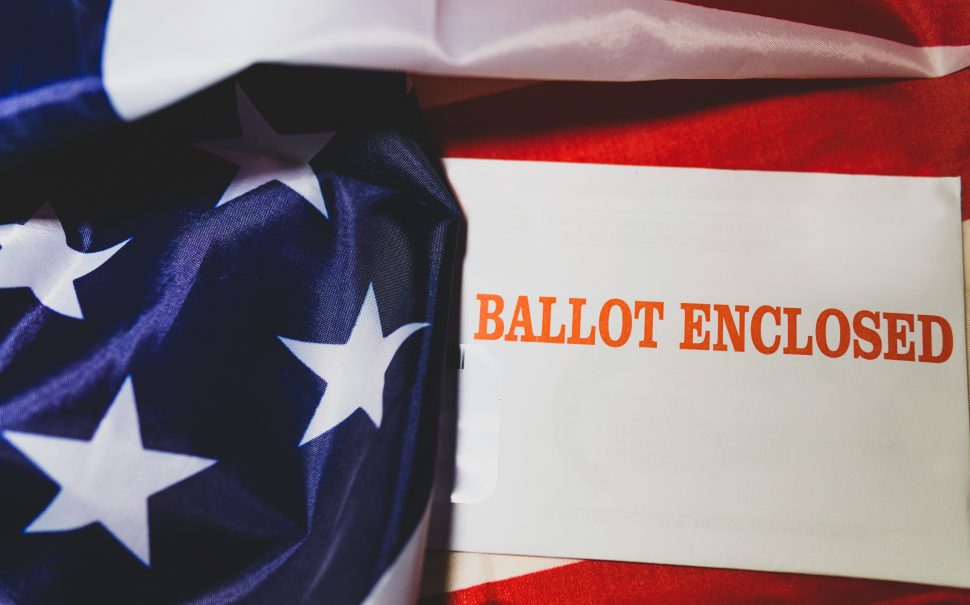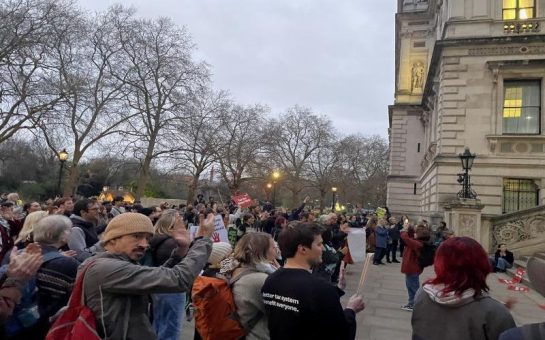Two monumental elections are scheduled to take place in the UK and the US this year, and despite threats to electoral integrity, the elections are expected to be well-run.
Comparisons between the two upcoming elections have been noted online, as Prime Minister Rishi Sunak announced the general election will take place on July 4, American Independence Day, and the US Presidential election will take place on November 5, Bonfire Night.
The upcoming US and UK elections not only take place on national holidays, but largely symbolise pivotal moments in the histories of both nations.
King’s College London Political Science Professor Sarah Birch said: “Although to some extent you might say they’re both English-speaking countries, they are quite different political contexts.
“We don’t have as polarized an electorate in the UK as the US has, and so that has an impact on the type of the way people talk.”
She emphasized the largest point of comparison is that both countries historically have had well-run elections.
Founder and CEO of Better Together, a public relations agency focused on social impact, Catharine Montgomery is an American now based in London.
Montgomery said: “In the US, there’s a lot at stake with the upcoming elections, with issues such as reproductive and voting rights, gun control, and diversity in education.
“People are passionate and it’s pushing them to think about their votes.”
She added: “In London, I find that people are just as driven to create change, even if the specific issues are different.
“There’s a strong culture of activism here and it’s exciting to see.”
In trying to push for changes that matter, Montgomery emphasized that both places have taught her about the power of community and the importance of every vote.
Dates
Sparks will surely be flying, in terms of heated debates ahead of the elections and fireworks celebrations.
The UK general election will be held on American Independence Day, and the US presidential election will be held on Guy Fawkes Night, also known as Bonfire Night
The timing of the UK election could pose issues with voter turnout.
Birch spoke of the current Indian election amidst high temperatures and the projected heat wave in the UK this summer.
Birch said: “We do see heat and other natural hazards, storms and so forth, interfering with electoral processes.
“If we do have a heat wave, this could potentially pose a challenge for people who might not feel comfortable going all the way, and this could again lead to people opting to stay at home and not voting.”
Projected Results
The polarity between the projected results of the US and UK elections is stark, as they appear to be switching to differing ends of the political spectrum.
A commonality between US and UK candidates is the trend that incumbent politicians are facing predicted losses.
The UK general election is predicted to be a monumental moment in British history, as it may result in the end of the Conservative Party’s 14-year reign in Parliament.
With the Northern Irish band D: Ream’s “Things Can Only Get Better,” associated with Labour’s enormous 1997 victory, blasting in the background of Prime Minister Sunak’s election announcement last week, it is clear that the Labour Party has significant public backing.
The Ipsos Political Monitor poll conducted in April revealed that 84% of respondents are dissatisfied with how the current government is running the country, and Prime Minister Sunak’s net approval rating has fallen to -59.
Election predictions indicate that Labour will overtake the Conservative Party, with voting intentions for Labour at 45% and Conservative at 23% according to Politico.
President Joe Biden’s popularity is declining, as polls conducted by Civiq suggest that his approval rating in swing states is lower than the national average, according to Newsweek.
Biden’s popularity has fallen to an average of -22 in swing states including Pennsylvania, Nevada, Arizona, Georgia, and Michigan.
Similarly, polling compiler FiveThirtyEight places Trump ahead of Biden by 1.3% according to national polls, as his approval rating is 41.1%, with Biden 39.8%.
Biden’s approval rating reached a record-low in two years at 36% according to a Reuters/Ipsos poll.
Electoral Integrity
One of the concerns with both the US and UK elections is maintaining electoral integrity in an age where disinformation, administrative disenfranchisement, and rumours of election fraud are rife.
On defining electoral integrity, Birch said: “Every aspect of the electoral process enables everyone to participate on an equal basis and they’re conducted honestly and with decency on the part of everyone who’s taking part in those.”
Birch also noted her concern with donations to US and UK campaigns, stating that she has noticed more of a prevalence in the US.
Birch said: “If election campaigns run out of public posts and people weren’t allowed to make private contributions, I think this would be much better because everyone could have an equal input into the actual process.
“I think the fact that some people can have more influence on the outcome by donating money is inherently unfair.”
She added: “Our current system of allowing people to donate as much as they can afford to do it effectively through various channels, various mechanisms, both the UK and the US, means that money plays a much larger role in showing the outcome than is consistent with democratic equality.”
As both the US and the UK do not have national ID systems, Birch also highlighted administrative disenfranchisement, which she classed as a violation of electoral integrity when people have issues voting due to lack of proper ID.
Feature image credit: Joshua Woroniecki, Unsplash License





